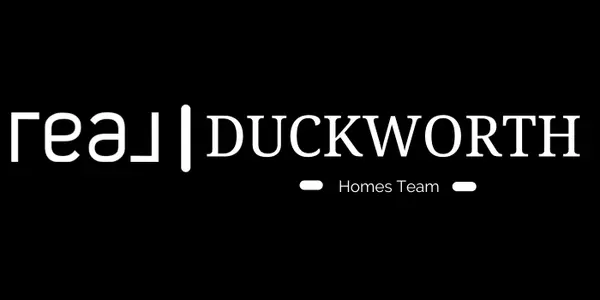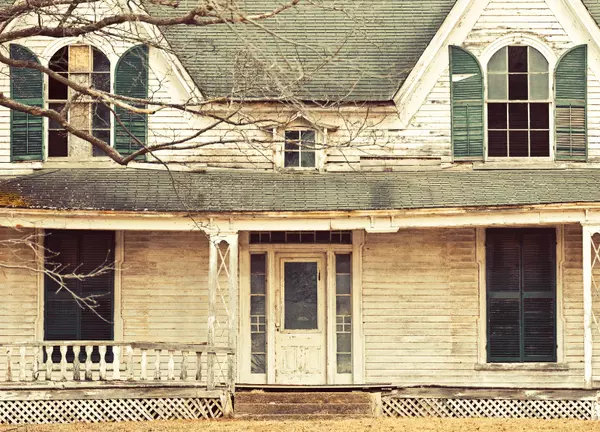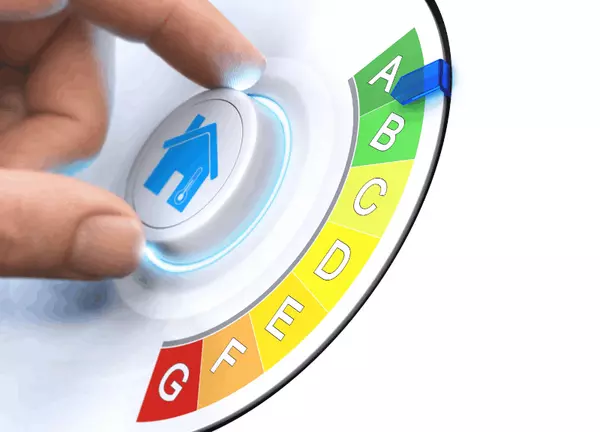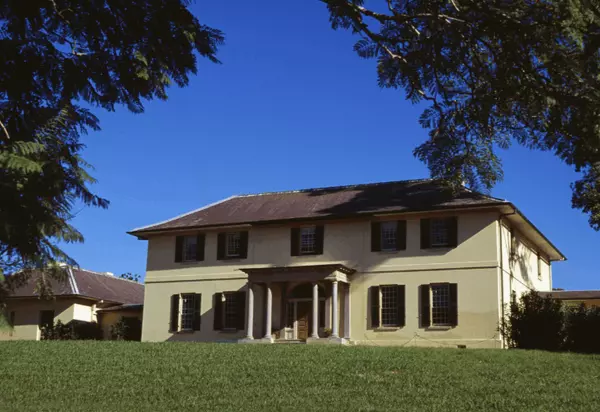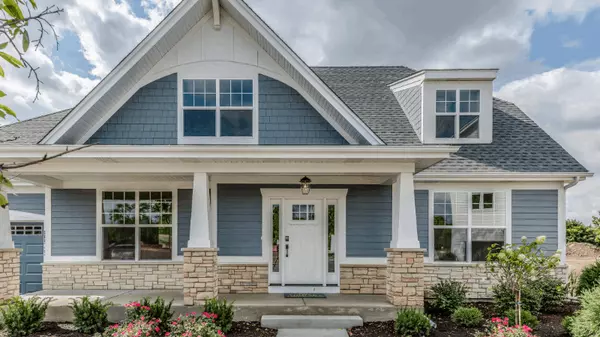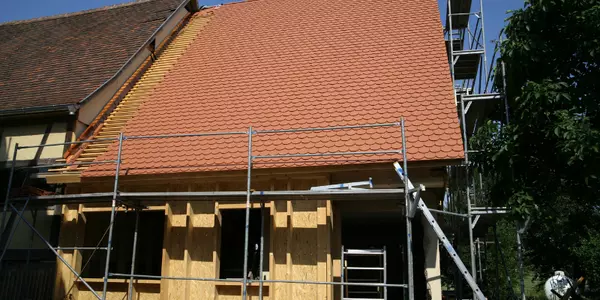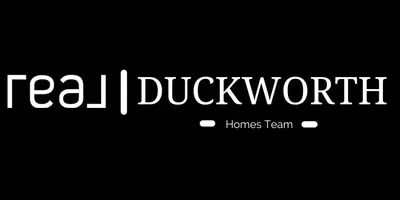10 Tips for Buying a Luxury Home In Rhode Island & Massachusetts

Tips for Buying a Luxury Home
Are you dreaming of owning a slice of luxury in Massachusetts or Rhode Island?
The journey to acquiring a piece of high-end real estate in these historic and affluent regions is an adventure filled with excitement and opportunity. From the classic brownstones of Boston's Back Bay to the sprawling oceanfront estates in Newport, the luxury market is as diverse as it is enticing. To navigate these waters, here are ten golden tips that every prospective luxury homebuyer should keep in their arsenal.

1. Understand the Real Estate Buying Process
The process of buying a luxury home in Massachusetts or Rhode Island is a significant investment that involves a complex and nuanced process. It's crucial to partner with a well-connected realtor who can provide access to exclusive listings and guide you through the intricacies of the market. Be prepared for private sales, intense competition for standout properties, and the need for quick, decisive action.
2. Know Your Local Neighborhoods
Understanding your local neighborhoods is crucial when considering where to buy a home, as the community you choose can significantly impact your quality of life and the long-term value of your investment. Each neighborhood has its own character and amenities, which may include schools, parks, restaurants, and public transportation options. Safety and crime statistics are also important factors, as they affect not only your well-being but also insurance rates and property values. Additionally, the local real estate market trends, such as historical home price appreciation and the demand for housing, can give you insight into the potential for your home's value to grow over time. It's also beneficial to consider the area's development plans, as new infrastructure, commercial projects, or schools can enhance the desirability of the neighborhood. Spending time in the community, talking to residents, and visiting at different times of the day can help you get a true feel for the area. By thoroughly researching and understanding the nuances of your local neighborhoods, you can make a more informed decision about where to settle down.
3. Know Your Priorities in a Home
Understanding your priorities when searching for a home is a critical step in the home-buying process, as it guides your decision-making and helps ensure that your new home meets your essential needs. Start by distinguishing between what you want and what you truly need. For instance, the number of bedrooms, proximity to work or schools, the layout of the kitchen, or the need for a home office may be non-negotiables that directly impact your daily living. Consider also the potential for future life changes, such as family expansion or downsizing. Additionally, think about the importance of resale value and how certain features may affect it. Reflect on the lifestyle that the home needs to support, whether it's entertaining, having a quiet retreat, or pursuing hobbies. By clearly identifying and prioritizing these elements before you begin your search, you can streamline the process, make more informed decisions, and ultimately find a home that aligns with your long-term vision and happiness.
4. Understand Your Financing Options
Understanding your financing options when buying a home is paramount to a successful and sustainable purchase. It's essential to be well-informed about the various mortgage products available, as well as the terms and rates that accompany them. This knowledge enables you to select a financing plan that aligns with your long-term financial goals and current economic situation. Whether it's a fixed-rate or adjustable-rate mortgage, each has its own benefits and risks that should be carefully weighed. Additionally, you should consider the length of the loan, the down payment required, and the implications of any potential penalties, such as prepayment penalties. Exploring government-backed loans, like FHA or VA loans, might also offer favorable terms for those who qualify. Consulting with a mortgage advisor or a financial planner can provide clarity, ensuring you secure a mortgage that not only allows you to purchase your home but also fits comfortably within your overall financial plan, minimizing the risk of future financial strain.
5. Hire a Top Luxury Realtor
When purchasing a luxury home, enlisting the services of a top luxury realtor is an indispensable move. These realtors bring a wealth of specialized knowledge and expertise that is crucial in navigating the high-end market. They have access to exclusive listings and can provide invaluable insights into the unique features and intrinsic value of luxury properties. A top luxury realtor understands the importance of discretion and privacy, often required by buyers and sellers in the premium market segment. They also have an extensive network of affluent clients and industry contacts, including financial advisors, interior designers, and legal professionals, which can be leveraged to the buyer's advantage. Their experience in negotiating deals that involve large sums can mean the difference between a good purchase and a great investment. Moreover, they are adept at anticipating market trends and providing advice that ensures their clients make a purchase that satisfies not only their lifestyle needs but also their financial growth potential.
6. Patience is a Virtue When Buying Real Estate
Patience is a virtue, especially when it comes to buying a home. Rushing into a purchase can lead to overlooking critical flaws in a property or making financial decisions that may not align with one's long-term goals. Taking the time to thoroughly research the market, understand your own financial situation, and wait for the right opportunity can result in a more satisfactory and financially sound home choice. Patience allows buyers to wait for the right property that not only meets their immediate needs but also has favorable prospects for appreciation. It also provides the necessary buffer to conduct proper inspections, negotiate effectively, and secure favorable mortgage terms. In the often emotional journey of purchasing a home, patience ensures that decisions are made with a clear, calm mind, leading to a more fulfilling and prudent investment.
7. Look for Strong Resale Value
The resale value of a home is a critical consideration, as it reflects the potential return on investment if and when the property is sold. A home with strong resale value can provide financial security and flexibility, allowing homeowners to recoup and possibly exceed their initial investment. Factors that influence resale value include location, community amenities, the home's condition, and updates to key areas like kitchens and bathrooms. It's also shaped by market trends and the overall economic climate. Maintaining and improving a home with resale in mind can make a significant difference in the long-term financial outcome of homeownership. Smart choices in renovations, attention to curb appeal, and staying abreast of what appeals to future buyers can all contribute to a property's ability to maintain or increase its value over time. Therefore, whether planning to stay in a home for many years or considering a future sale, the importance of resale value cannot be overstated.
8. Don't Overextend Just Because You Can
Just because you can afford a sprawling Newport mansion doesn't mean it's the right financial move. Consider the long-term implications of your purchase, including taxes, maintenance, and the potential impact on your lifestyle.
- Financial Stress: Overspending on a home can lead to a high mortgage-to-income ratio, leaving less for other expenses and savings.
- Emergency Fund Shortage: It's important to have funds for unexpected costs, which overextending can jeopardize.
- Savings Impact: Overextending may hinder your ability to save for retirement, education, or other financial goals.
- Default Risk: A stretched budget increases the risk of mortgage default and potential foreclosure.
- Market Volatility: Real estate markets can fluctuate, and overextending could lead to owing more than the home's value.
- Quality of Life: Excessive housing costs can necessitate cuts in other areas that contribute to your overall happiness and well-being.
Financial advisors often recommend that your monthly home payment (including taxes, insurance, and HOA fees) should not exceed 28-31% of your gross monthly income, and your total debt service should not exceed 36-43% of your income. These are general guidelines, and individual circumstances can vary, so it's always best to consult with a financial advisor to determine what's best for your situation.
9. Look for Timeless Design Features
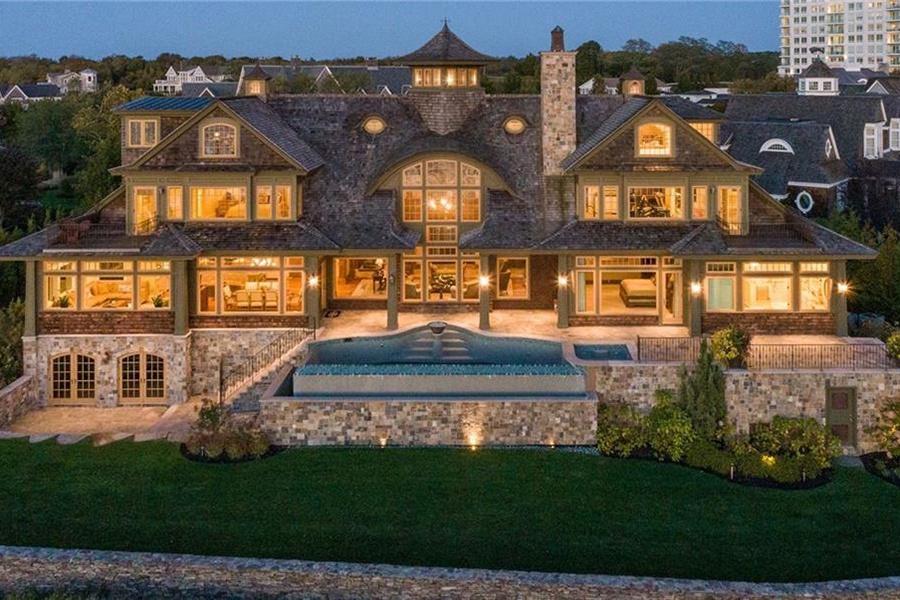
Finding a home with classic design features in the luxury segment requires a discerning eye and an appreciation for timeless architecture and craftsmanship. Classic design elements such as grand entryways, crown moldings, herringbone hardwood floors, and elegant fireplaces often stand the test of time and exude a sense of enduring sophistication. These homes may also feature traditional layouts with formal dining and living rooms, libraries, and master suites that offer both luxury and comfort. In the luxury market, such properties are often well-appointed with high-end finishes and meticulous attention to detail. It's important to seek out estates that not only display these classic aesthetics but are also maintained or updated to the highest standards, ensuring that the home's traditional elegance is preserved while offering modern-day amenities. Working with a realtor who specializes in luxury properties and has a keen understanding of architectural integrity can be invaluable in locating a home that embodies both the grandeur of classic design and the functionality for contemporary living.
10. Consider Maintenance and Upkeep Costs
Maintenance costs for a luxury home can be significantly higher than those for a standard property, primarily due to the upscale features and finishes that require specialized care. High-end homes often have custom-designed elements, from intricate landscaping to sophisticated smart home systems, which demand regular professional servicing to function optimally. The materials used in luxury homes, such as marble countertops, hardwood floors, and high-grade appliances, also necessitate routine maintenance to preserve their condition and appearance. Additionally, larger square footage and amenities like pools, spas, and home theaters contribute to ongoing upkeep expenses. Homeowners should be prepared for these recurring costs, which can amount to 1-4% of the home's value annually, to protect their investment and ensure their home continues to provide the comfort and elegance expected of a luxury property.
FAQs
What price point is considered a luxury home in Massachusetts and Rhode Island? Luxury homes in these states typically start at the $1 million mark, with the threshold varying based on location.
Are luxury properties in Massachusetts and Rhode Island a good investment? These properties can be stable investments, particularly when they feature unique attributes and are well-situated.
Final Thoughts on Buying Luxury Real Estate
The luxury real estate market in Massachusetts and Rhode Island is rich with possibilities. With a strategic approach and an understanding of the local nuances, you're well on your way to finding the luxury home that not only meets your expectations but exceeds them, becoming a cherished asset for years to come.
Categories
Recent Posts
